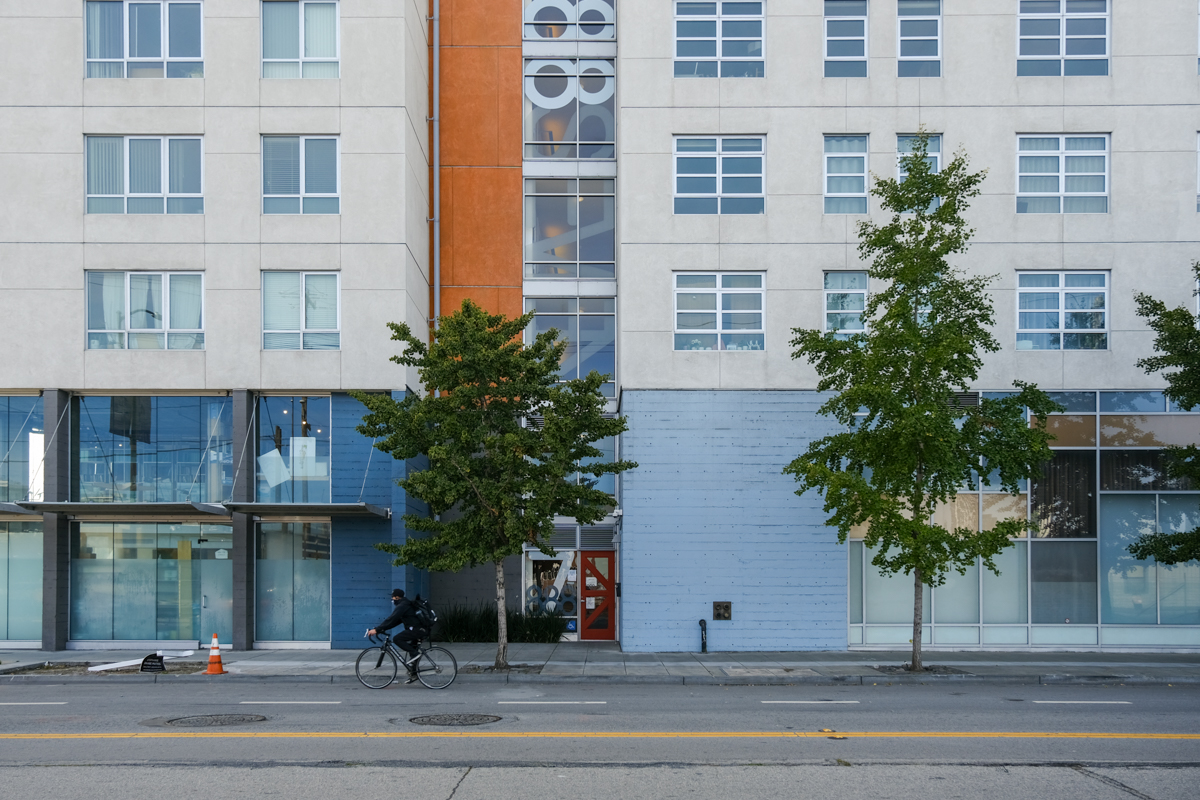A city program that gives NGOs money to buy apartment buildings and help them stay affordable got its first real cash infusion Tuesday when the Board of Supervisors voted 8-3 to put $64 million into the so-called Small Sites Program and Mayor Breed pledged another $10 million.
Targeting properties with five to 25 units, the program was started as a pilot in 2014 but has been rife with problems, only acquiring one site in the last year. To the supervisors who supported the new funding, these problems are fixable, and the new dollars are part of the solution.
“I think we can fix it and fund it,” Supervisor Aaron Peskin said.
The new funding comes from a reserve the city established with federal COVID-19 recovery money and includes dollars from Proposition I, a ballot measure passed in 2020 to increase taxes on real estate transactions. Supervisor Dean Preston said at this month’s budget committee hearing that Proposition I is on track to exceed the $128 million projected it would raise this year.
There is still a legal question as to whether Proposition I money should be channeled specifically to the Small Sites Program or used more generally for affordable housing programs. Supervisor Rafael Mandelman voted in favor of funding the program now, seeing it as his duty to carry out the will of voters who passed Proposition I with the understanding the money would go to social housing.
But Mayor London Breed disagrees. She announced within an hour of the start of the board meeting, on Tuesday that the Mayor’s Office of Housing and Community Development, which administers the program, will allocate $10 million of its own funds and pursue reforms. Breed opposes the use of Proposition I funds for the program.
The $64 million will go to MOHCD, which will work with local NGOs like Mission Economic Development Agency that purchase and manage the properties. Because MEDA is the program’s main partner, most of the program’s current buildings are located in the Mission and Bernal Heights.
But MEDA, which currently owns 350 of the 368 residential units acquired through Small Sites to date, isn’t currently able to use the $64 million or even the $10 million already in the program’s coffers due to the city’s concerns about the NGO’s capacity. Until MEDA proves it can pay back debt on seven of its properties that are in forbearance —which MEDA Director of Community Real Estate Karoleen Feng said is a result of tenants not being able to pay rent due to pandemic-related job loss—the city won’t work with the group.
MOHCD Director Eric Shaw said at a meeting earlier this month he hopes the city and MEDA’s dispute will be resolved early next year and their partnership will resume.
Three supervisors, including Myrna Melgar, opposed funding the program before reforms are in place; among other problems, she says the per-unit cap prevents acquisitions in more expensive areas of the city. Several other supervisors joined her in objecting to using mid-year supplemental funds for a program they see as broken and unfixable, rather than building a new program.
“It is like putting gas in a car that has two flat tires and is in the shop getting fixed and promising people a ride,” Melgar said.
Janan New, executive director of the San Francisco Apartment Association, said she agreed with Breed that Proposition I funds should be spent at the city’s discretion, rather than being dedicated to the Small Sites Program.
New said she’d like to see a comprehensive study of the Small Sites Program’s effectiveness before investing the $64 million.
“I don’t think we have enough information to refund the program,” New said.
